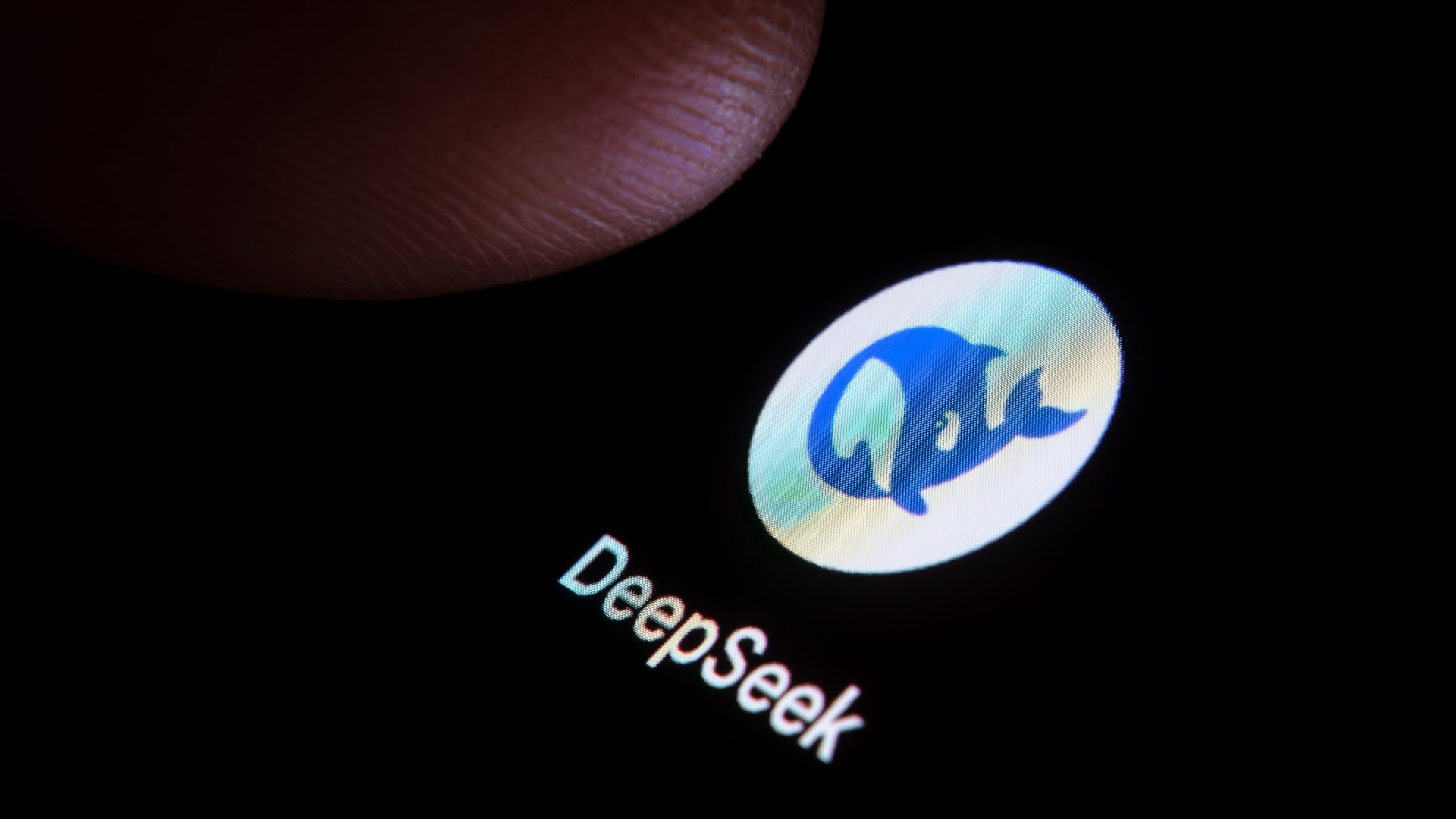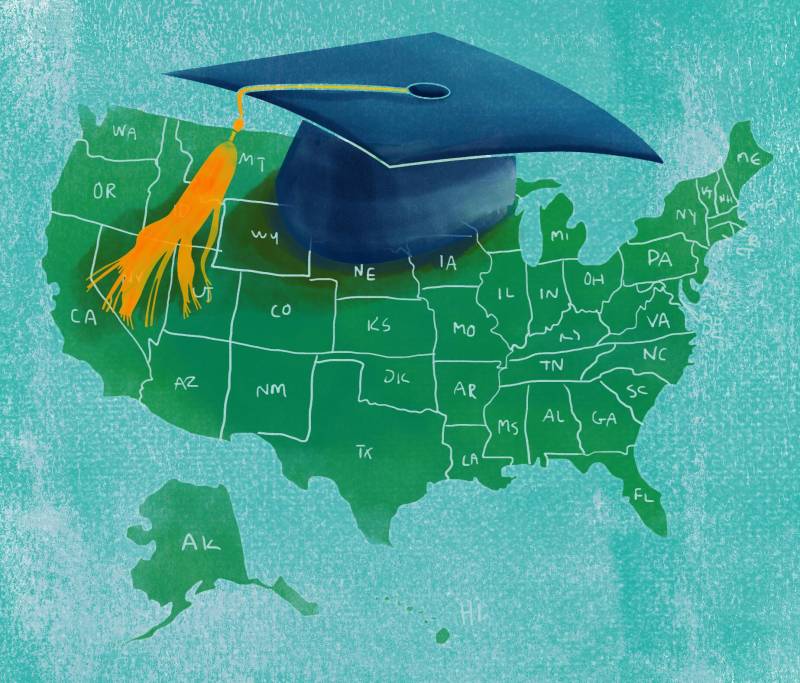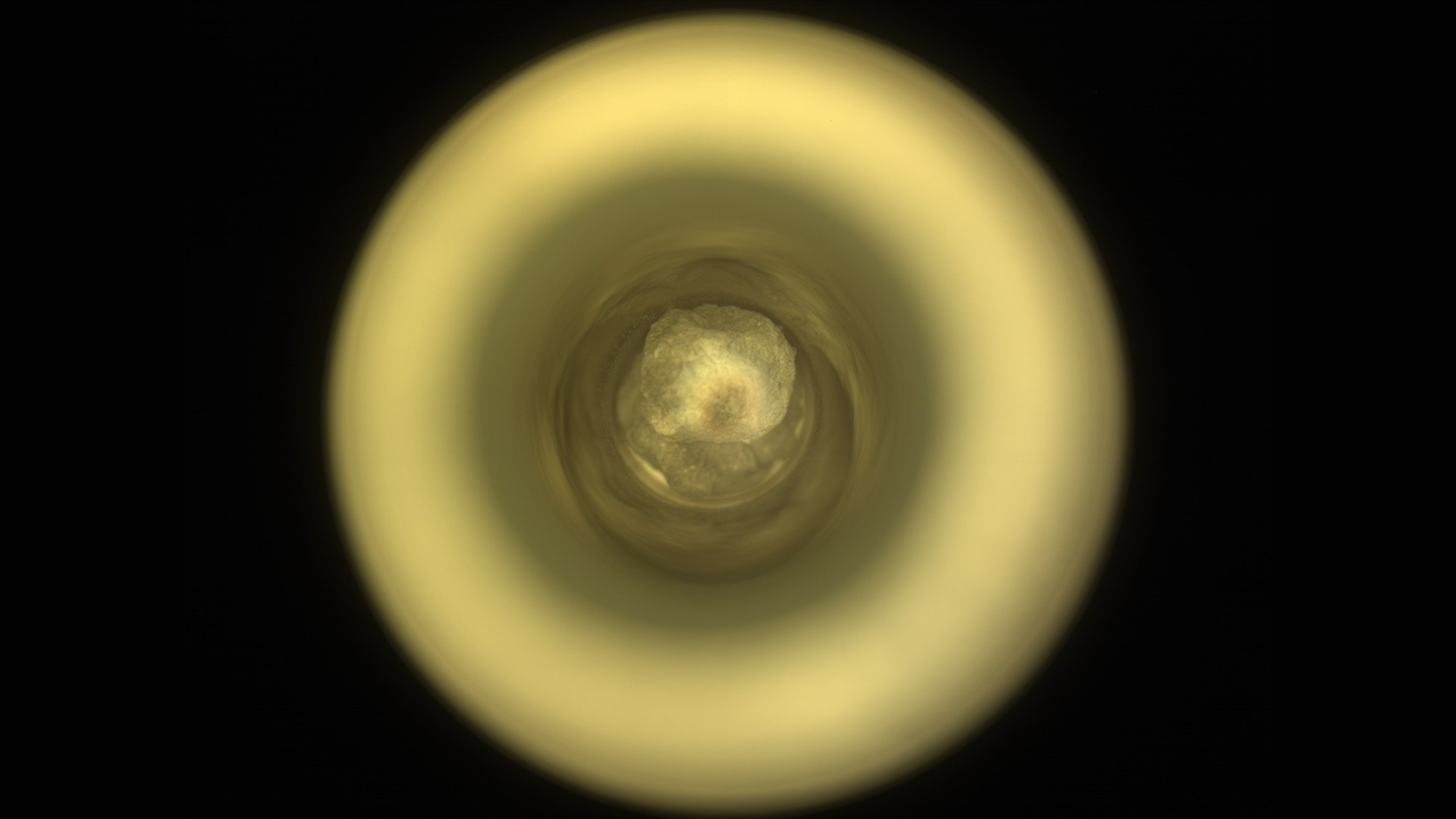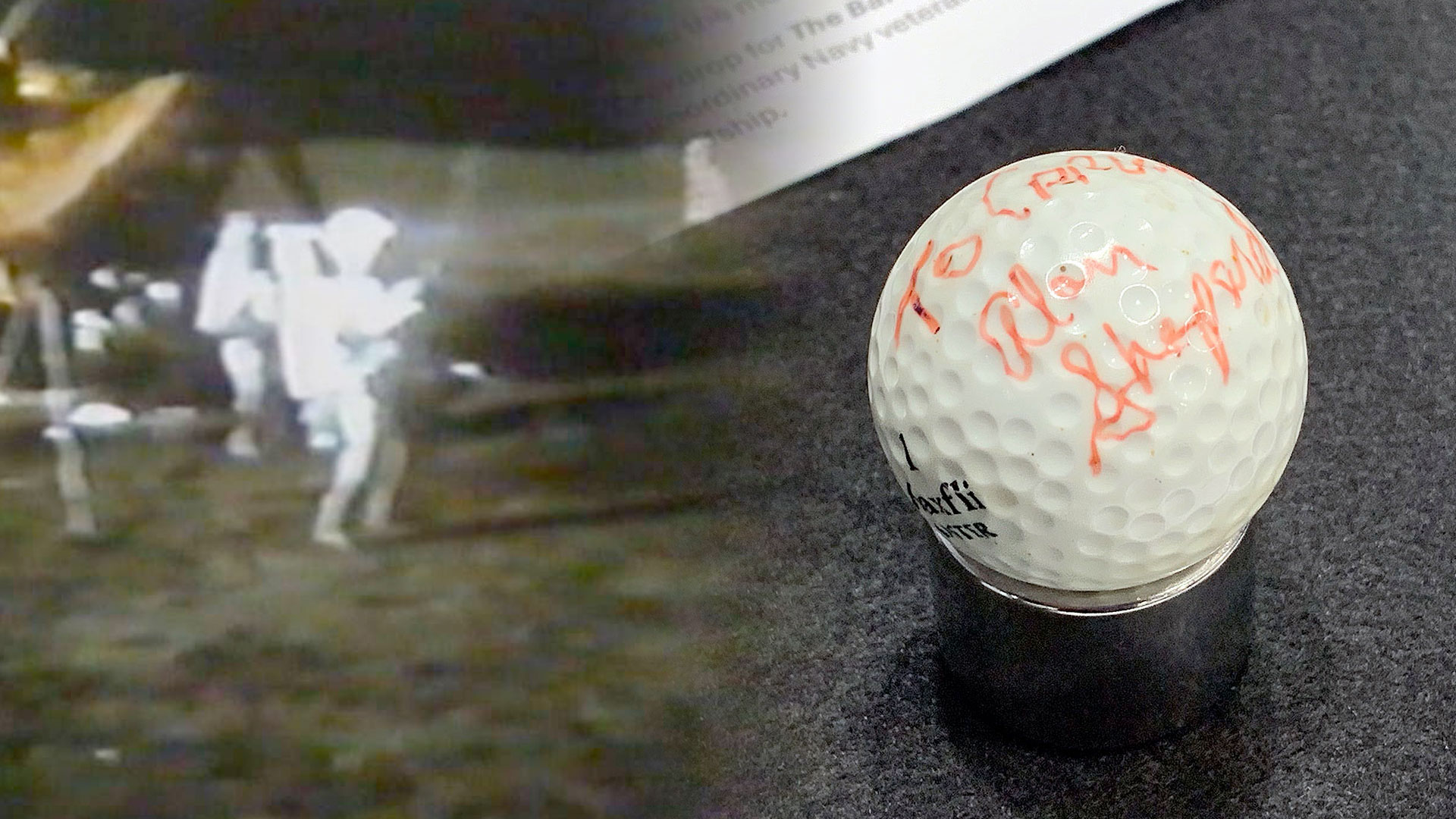How USAID Became a Conservative Bogeyman
Trump’s assault on the agency makes Project 2025 look like child’s play.

Project 2025, the conservative governing playbook produced by veterans of the first Trump administration, has an entire chapter on how to overhaul USAID. Its authors urged the next president to “scale back USAID’s global footprint,” “deradicalize” its programs, and throttle its funding.
Before the election, Donald Trump disavowed Project 2025 because it veered so far to the right. But now he’s making the plan look downright timid. Project 2025 did not call for freezing all foreign aid or locking USAID employees out of their headquarters. Nor did the treatise suggest shutting down the $40 billion agency and subsuming it into the State Department—all without a single vote in Congress.
As the chair of Trump’s quasi-official Department of Government Efficiency, Elon Musk has razed USAID with shocking speed. He’s called it “evil,” “a radical-left political psy op,” and “a criminal organization.” The rampage seemed to come out of nowhere, but the 64-year-old agency has long been one of the government’s most vulnerable conservative targets.
[Read: Why Trump can’t banish the weirdos]
Although foreign aid accounts for less than 1 percent of the federal budget, right-wing politicians began attacking it well before Trump. In the 1990s, the late Senator Jesse Helms of North Carolina likened the disbursement of American money abroad to shoving taxpayer dollars “down a rathole.” Conservatives have even tried to abolish USAID—most notably Helms in the late ’90s and early 2000s. But the scope of those attempts pales in comparison to what Trump and Musk are doing now, George Ingram, a former USAID official in the Clinton administration, told me. “This,” he said, “is fundamentally different.”
At Musk’s urging, the Trump administration has placed nearly all USAID employees on administrative leave and recalled thousands from overseas postings with virtually no notice. (At the same time, the president declared that the U.S. would “take over” the Gaza Strip—a mission that would presumably require a sizable American deployment.) Trump designated Secretary of State Marco Rubio as USAID’s acting administrator. In one of his first moves, Rubio wrote to senior members of Congress—not to ask for their help in reforming the agency but merely to notify them that the government might reorganize it.
“It’s ridiculous,” Andrew Natsios, a former USAID administrator, told me. He ran the organization for the first five years of the George W. Bush administration and describes himself as “the most conservative administrator in the history of the agency.” Natsios has his share of problems with USAID, including his sense that its staff is often unresponsive to political leadership, a critique that Project 2025 echoes. But Natsios, who’s now a professor at Texas A&M University, is aghast at the Trump administration’s purge of USAID. (He began our conversation by comparing it to the Russian Revolution.) For days, he’s been fielding calls from panicked contacts at the agency. “They are not reviewing each project,” he said. “They’re eliminating entire bureaus, whole programs, simply deleting them without even looking at what they’re doing.”
USAID was created in 1961 to consolidate programs that had grown out of the Marshall Plan, said Ingram, who is now a senior fellow at the Brookings Institution. Congress considered putting USAID in the State Department but kept it separate so that it could operate more nimbly—like a business, Ingram told me, rather than a bureaucracy.
Presidents of both parties have supported foreign aid, including Ronald Reagan and the second Bush, who weren’t enthusiastic about it as candidates. “Once they got into office, they saw that it was a very important tool of U.S. foreign policy,” Ingram said. Even one of the Project 2025 authors acknowledged that foreign aid has helped America check global adversaries; a former USAID deputy administrator, Max Primorac, credited the agency with countering China’s Belt and Road Initiative. Indeed, authoritarian regimes have long denounced American aid, and now some of them are praising Musk’s efforts. Musk himself promoted a laudatory post on X from a top aide to Hungarian Prime Minister Viktor Orbán. With that adulation in mind, Natsios questioned whether Musk’s campaign against USAID might be “motivated by his desire to please the Kremlin.”
[Read: America can’t just unpause USAID]
Sending taxpayer funds abroad has never been particularly popular, a reality that Trump seized on during his first term by attacking foreign aid as part of his “America First” agenda. In 2017, administration officials reportedly drafted proposals to merge USAID with the State Department, but they never went anywhere. Polling has found that Americans dramatically overestimate the amount of money the government spends on foreign aid, and in a survey released this week, most respondents backed cuts to foreign aid. Natsios faulted the Biden administration for making USAID an even more inviting target for Trump 2.0 by trying to export progressive values such as LGBTQ and abortion rights, especially to countries where they are unpopular. “They brought part of this on,” he said.
By and large, Republican lawmakers have simply watched as Musk and his allies shut down an agency that, according to a paper published on Monday by the nonpartisan Congressional Research Service, cannot be abolished, moved, or consolidated without authorization from Congress. A few have issued mild protests. Senator Bill Cassidy of Louisiana criticized the pause on distributing HIV/AIDS drugs through the President’s Emergency Plan for AIDS Relief, a George W. Bush–era program that enjoys wide bipartisan support domestically and internationally. “It is a Republican initiative, it is pro-life, pro-America and the most popular U.S. program in Africa,” Cassidy wrote on X. “This must be reversed immediately!!”
Representative Michael McCaul of Texas, who until last month served as chair of the House Foreign Affairs Committee, said the Trump administration was “right to scrutinize and revamp” USAID, but he strongly defended its purpose and urged the president to eventually resume sending aid abroad. “U.S. foreign-assistance programs not only feed starving women and children in some of the most destitute parts of the world, but they also promote democracy, help stabilize fragile nations on the brink of collapse, and counter our adversaries’ attempts to shift the global balance of power,” McCaul told me.
By contrast, McCaul’s successor atop the committee, Representative Brian Mast of Florida, cheered the administration unreservedly and released a four-minute video “exposing radical, far-left grants” supposedly issued during the Biden administration. His list included $15 million for “condoms for the Taliban,” money to expand “atheism in Nepal,” and various line items promoting LGBTQ rights. (The contraceptives were for Afghan citizens, not members of the Taliban; the Nepal grant promoted religious freedom.)
When I asked Natsios, a lifelong Republican, what he made of the response from GOP lawmakers, he scoffed: “The Republican Party in Congress is a disgrace.”
[Listen: Purge now, pay later]
Advocates for USAID now have little choice but to place their hopes in Rubio, who as a senator defended foreign assistance as “critical to our national security.” In his new role, however, he has characterized USAID as a rogue agency whose leaders misspent taxpayer money and refused to cooperate with Trump’s directives during his first few days in office. “There are a lot of functions of USAID that are going to continue,” Rubio told reporters in El Salvador on Monday. “But it has to be aligned with American foreign policy.”
Natsios used to enthusiastically support Rubio. He told me that he once saw Rubio give “the strongest speech for foreign aid” he had ever heard. He contributed to Rubio’s presidential campaign in 2016—when Rubio was a GOP rival to Trump—and said the then-senator had told him that, had he won, he would have brought him into the White House. Now, Natsios told me, Rubio has a choice to make: “He is going to accept the ideology” of Trump and Musk, “or he is going to get fired.”
While Rubio and other Republicans decide whether, and how much, to fight for U.S. foreign aid, the ripple effects of the firings and funding freeze at USAID are quickly growing. Many policy decisions in Washington take weeks or even months to be felt overseas. Not this one, Ingram said. The moves threaten the jobs of thousands of people connected to the aid industry inside the U.S., and they jeopardize the livelihood of potentially hundreds of thousands of people—or more—in the developing world, who rely on USAID for health care, food, fertilizer, and other crucial supplies. Ingram was stunned: “I have never seen a government action have such an immediate impact.”






































































